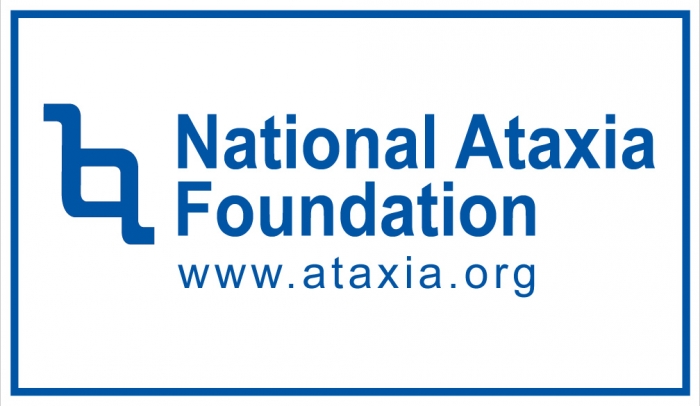National Ataxia Foundation-Funded Project Will Study Immunoproteasomes In SCA1

 The National Ataxia Foundation (NAF) recently announced that 23 promising studies focusing on ataxia were awarded funding. These awards are crucial to supporting research projects that sustain cutting-edge ataxia research.
The National Ataxia Foundation (NAF) recently announced that 23 promising studies focusing on ataxia were awarded funding. These awards are crucial to supporting research projects that sustain cutting-edge ataxia research.
One of the projects granted a “Seed Money Research Award” is led by Dr. Do-Hyung Kim from the University of Minnesota, Minneapolis, and titled “Pathological and therapeutic roles of immunoproteasomes in SCA1.“
Spinocerebellar ataxia type 1 (SCA1) is a specific type of ataxia that can be included in all central nervous system diseases. In SCA1 patients, genetic defects lead to impairment of certain nerve fibers that allow the communication from and to the brain. This disease affects 1 to 2 people in every 100,000.
Dr. Kim’s research project suggests that the impairment of proteasomal functions might play a key role in SCA1. The project is focused on immunoproteasomes, a specific type of proteasomes expressed in immune cells that are induced in non-immune cells by cytokine-derived inflammation and oxidative stress.
“Most of constitutively expressed standard proteasomes are replaced with immunoproteasomes under stress or infection. Immunoproteasomes play a crucial role in antigen presentation, but it has an emerging role in clearing oxidized, aberrant proteins that accumulate in stress. They also play crucial roles positively or sometimes negatively in inflammatory responses through poorly-understood mechanisms,” the authors explain in their project description.
This research intends to clear the roles of immunoproteasomes in SCA1. At first, researchers will establish neuronal cellular systems and demonstrate a proof of concept related to the roles of immunoproteasomes in SCA1. Based on the current knowledge, it is thought that immunoproteasomes could have two possible roles: a protective effect in the early stage of the disease and a persistently increasing inflammatory effect in later stages. Over-expression, mutation or phosphorylation of S776 of ataxin-1 can overcome the capacity of immunoproteasomes to relieve misfolded proteins.
Kim and his co-workers will assess these alterations to better understand how ataxin-1 mutant expression affects the induction of immunoproteasomes and, inversely, how suppressed expression or immunoproteasomal induction at different stages of ataxin-1 expression can modify ataxin-1 aggregate formation and cellular toxicity. Once completed, this project promises to shed new light onto the mechanistic actions involved in the disease, potentially leading to more targeted, effective therapies.






